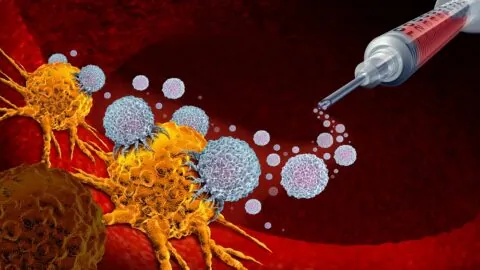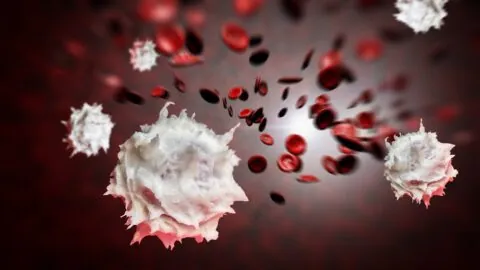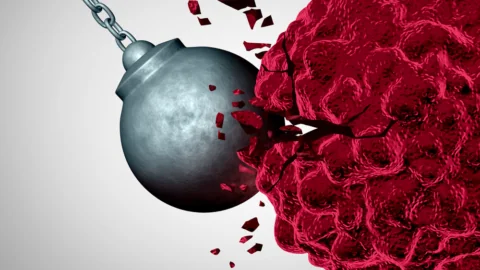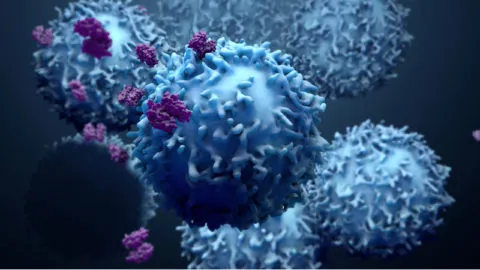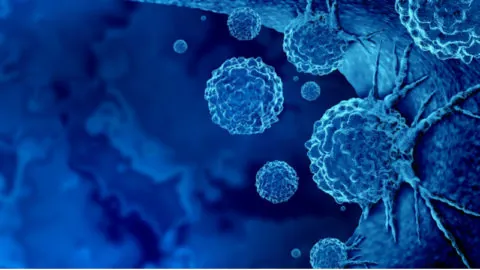June 10, 2025
Scientists have found that only about 1% of presented tumor antigens come from oncogenic mutations. The remaining 99%, previously overlooked, may offer better treatment targets [1]. Going after mutations Cancer arises from a series of mutations that drive abnormal cellular behaviors, such as runaway proliferation. Cancerous cells also normally present abnormal peptides on their surfaces...
February 13, 2024
Scientists have found that giving CAR T cells a particular oncogenic mutation greatly improves their efficiency against blood and solid cancers [1]. Less than cancer One reason why cancer is so dangerous is that oncogenic mutations boost cancer cells’ survivability, just like a genetically modified monster in a sci-fi movie. When T cells go haywire...
December 12, 2022
A team of researchers from multiple Japanese universities has found a way to genetically enhance T cells against solid tumors, as published today in Nature Biomedical Engineering. A focus on signals This highly in-depth paper begins with a discussion of signaling in the response of chimeric antigen receptor (CAR) T cells, as good signals are...
May 10, 2022
In a pre-print paper, scientists have shown that treatment with NMN increases the survival and anti-cancer efficacy of CAR-T cells [1]. The problem with immunotherapy T cells are a central element of the adaptive immune system, and some of them can be cytotoxic: they have the ability to kill other cells. This lets us get...
January 26, 2022
A study published in Science by Dr. Jennifer A. Wargo and her colleagues spanning multiple centers recently examined if dietary fiber and commercially available probiotics affect immunotherapy response in cancer patients [1]. They hypothesized that bacteria from two probiotic species would be associated with a response to this therapy. The human patients By using stool...
December 06, 2021
Researchers publishing in Cell Reports Medicine have described a method of using off-the-shelf, allogeneic immune cells as cancer therapy. Overcoming the hurdles of allogeneic cells Allogeneic cells come from other sources than the individual being treated. As recipients of organ donations know, if the immune system identifies foreign cells, it will attack them. This is...

